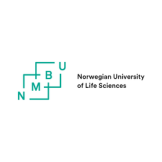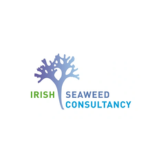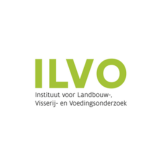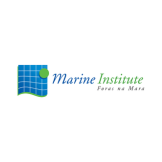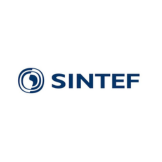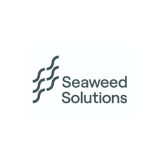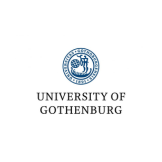Blue Bio Boost
Boosting seaweed farming through better utilization of genetic resources
Key facts
Status: ongoing
Duration:
31 May 2024 - 30 May 2027
Theme:
Blue bioresources and blue food
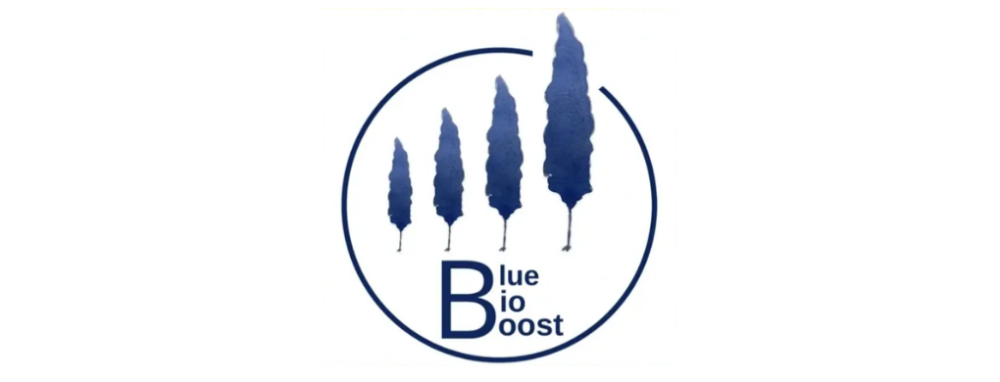
Description
The European macroalgae industry has a considerable potential to contribute to critical societal challenges such as carbon neutrality, access to nutritious and sustainable food, and a sustainable and circular European bioeconomy. We aim for sustainable economic development of the macroalgae industry by (i) improving the efficiency of propagation and selection of suitable genotypes, (ii) better exploiting genetic variation, while at the same time maintaining local genetic diversity and minimizing the potential for genetic pollution of natural populations, and (iii) actively involving stakeholders in creating a plan for future macroalgae breeding in Europe.
In the proposed Blue Bio Boost (BBB) project, we will test innovative strategies and novel methods that utilize properties of macroalgal life cycles, hybrid vigour (heterosis), and the adaptation to the local environment and culturing conditions, to obtain this goal. Through a Proof of Concept experiment we will test a simple way of utilizing local genetic variation and heterosis for improved productivity that will result in minimal change in allele frequencies relative to the surrounding natural population, thus mitigating the potential effect of genetic exchange. BBB will create a biodiversity collection of kelp gametophytes, identify methods to increase gametophyte growth rates, and develop gametophyte phenotyping protocols for growth rate and light and temperature tolerance. Building on results from this experiment, we will design future strategies for optimized use of hybrid vigour. Finally, BBB will develop tools based on ploidy manipulation and determination for breeding purposes and explore the utility of giant sea lettuce in aquaculture. The developed methods and technologies will create strong incentives-to-invest in future algae breeding, while access to high-yield seeding materials adapted to local conditions will stimulate seaweed aquaculture production and processing that channel customized biomass to dedicated seaweed applications, and all associated material and service providers, thus providing food, feed and raw materials for a growing population.
Furthermore, BBB will provide crucial insights into the genetic diversity of natural populations and cultivated material, and allow monitoring, evaluating, and/or mitigating the extent of genetic exchange from the onset of large-scale cultivation in co-existence with natural populations. As an alternative to developing seeding materials for production sites, breeding methods that create seeding materials with specific genetic compositions may also be used for kelp forest restoration. Since our approach promotes using local natural resources for local aquaculture production, it will stimulate coastal livelihoods and short-chain production systems, while utilizing the climatic, environmental and genetic diversity along the European coastline, creating impact at scale.


